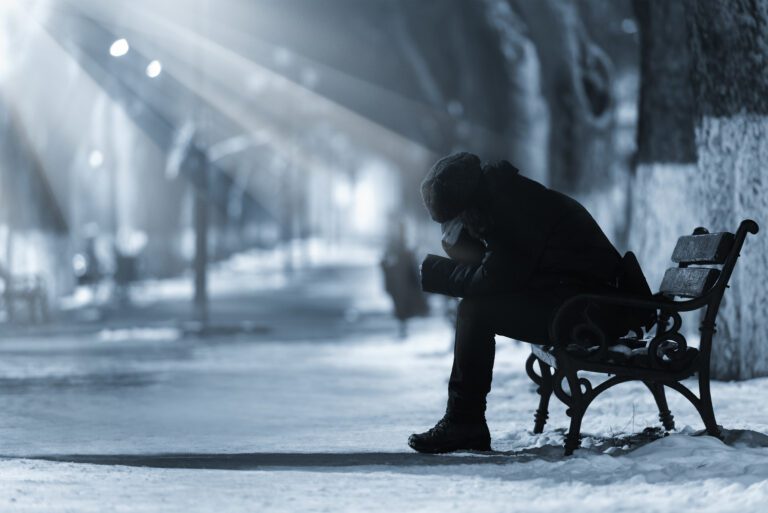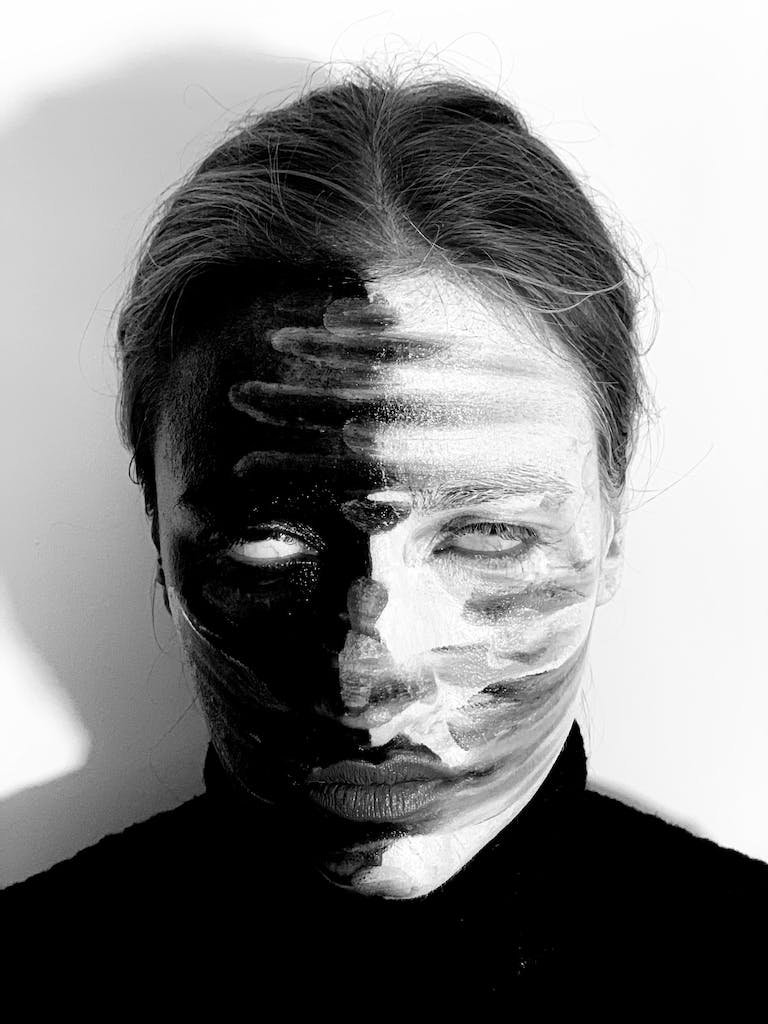Waging Battle with Bipolar Depression – My Perspective
For over two decades, I have been managing bipolar disorder, learning about it, how to cope with it, and how to keep it at bay. This has been no easy task. After all, trial-and-error is extremely time-consuming and exhausting. When I first started on my journey, post-diagnosis, I never dreamed that discovering the right treatment would be so difficult and take such a long time.
Yes, treatment fatigue is a real thing when finding a treatment, as well as continuing treatment day in and day out. To me, I find the term The Bipolar Battle the most fitting to describe what I live through each day.
Even though I am an expert at managing my bipolar disorder, I still have episodes. The episodes are not nearly as intense. Plus, the time between episodes has increased. This has helped me to realize that the treatment I am following is working.
My Current Battle with Bipolar Depression
The last time I had a full-blown episode was back in October/November 2016. Extreme stress triggered that episode, and stress triggered my current episode of bipolar depression.
For the few weeks leading up to my episode of bipolar depression, I saw red flags. I did not discount these red flags, but I took note. My sleep became disrupted, my anxiety increased, my migraine headaches returned, and my thoughts slowed to a crawl. These symptoms did not all happen at once, but slowly.
I knew what was coming. Instead of backing down, I decided to continue viewing myself as a warrior. My battle with bipolar depression was imminent, and I had to prepare. As a warrior, I needed weapons and gear.
Side Note
Before I go on, I just want to comment about viewing myself as a warrior. For some, it sounds hoaky. If it does not work for you, then no worries. I have always been a big believer in visualization, and it is one technique I have used to manage day in and day out.
Now, back to my current battle with bipolar depression…
Preparing for my Battle with Bipolar Depression
To lessen the blow, I amped up all of my coping strategies and techniques.
1. I contacted my doctor
I contacted my doctor, and she tweaked my medication. I wait 5-7 days if I am not doing well, just to make sure that I am not just feeling the so-called “normal” range of emotions. It takes time to learn how to distinguish between the two. So make sure to discuss any plan with your doctor – your doctor is a professional expert, after all.
2. I changed my workout program
As part of my treatment plan, each day I work out. I increased the length of time of my workouts and even added some cardio—in my case, a stationary bike at home.
I continue to lift weights every day, but I double the time I work out. Plus, I added 3-4 days of cardio each week. Again, speak with a doctor about your treatment plan.
3. I modified my food choices and hydration
In the past few weeks, I have made a huge effort to increase my daily protein intake, decrease my fat and carbohydrate intake, and increase the amount of water I consume per day.
In addition, I have reduced the amount of sugar I have consumed. When I drift toward the depressive side of the pole, I crave sweets. So, now more than ever, it is important that I stick to my guns.
Increasing my water intake is fairly easy. I drink an extra glass in the morning and at night. Plus, I add more before, during, and after my daily workout.
My Battle with Bipolar Depression Wages On
Even though I employed these measures, I still went into a depressive episode. In my case, the number of external triggers was just too much for my mind to take. However, because I was proactive beforehand, the intensity of my episode decreased. I am not saying there is a linear relationship here, but prevention has always been my friend.
My symptoms are mild in comparison to my past episodes of bipolar depression, but living through one is just as hard.
Now:
- I am tired, exhausted, and constantly zoning out.
- It is hard to stay awake.
- I doze off quicker than I usually do.
- My threshold to manage my stress has gone way down.
- It is difficult for me to focus, as I am easily overwhelmed.
- I have no desire to go out, but that falls right in line with COVID-19 and the wildfires burning nearby.
- My thoughts are so slow that I easily lose track of what I am saying.
- I am easily irritated.
If you have ever experienced bipolar depression, you may recognize some of these symptoms from this list. Remember, we each have a story to tell, and no two are the same. We may have the same diagnosis, but your journey is your own.
I hope this provides you with relief that you are not alone in this world. On the contrary, you are far from it.
Last Thoughts
It has been close to four years since I had a mood episode, and that one was a full-blown manic one. Living with bipolar disorder, I have learned the importance of structuring my life so I can manage. It is difficult to traverse a mood episode, but it is doable.
Even though I am in the middle of a battle with bipolar depression, I still go through my day utilizing the same coping strategies and techniques I have adopted throughout the years. In no way am I saying this is an easy task. It is taking everything within me to fight it.
Throughout my years of living with bipolar disorder, I will always believe in my heart the importance of being proactive in my treatment. Not only is it an extremely empowering sentiment, but it has saved my life.





